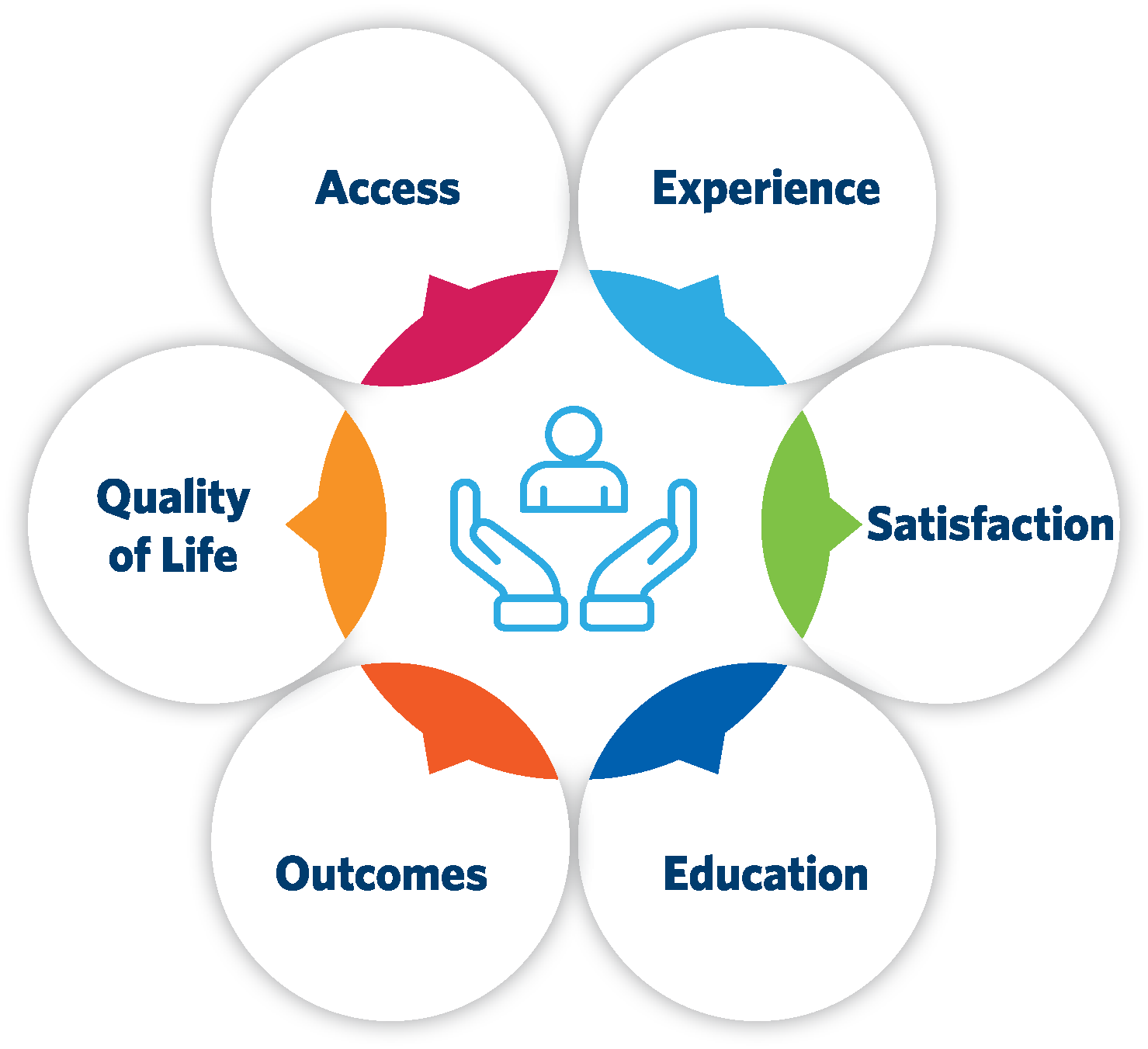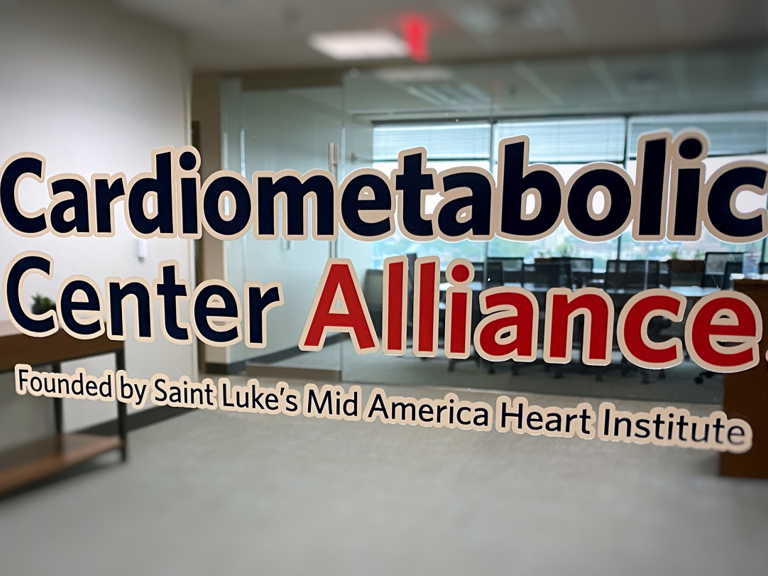The Cardiometabolic Center Alliance
Groundbreaking Approach to Treating Patients with Type 2 Diabetes and Cardiovascular Disease
Comprehensive, Team-based Care
Type 2 diabetes is a serious diagnosis on its own, affecting millions in the United States. What makes it even more dangerous and costly is that it is often accompanied by other serious or life-threatening conditions, including cardiovascular disease or diabetic kidney disease. The pancreas, heart, and kidneys are all at risk when these conditions converge, and heart disease is the leading cause of death in people with diabetes.
Instead of addressing conditions or risk factors separately, Saint Luke’s Michael & Marlys Haverty Cardiometabolic Center of Excellence has taken a novel approach to treating Type 2 diabetes, pre-diabetes, and related cardiovascular comorbidities together—providing team-based, comprehensive care specifically tailored to each patient and resulting in the formation of the Cardiometabolic Center Alliance.

Cardiometabolic Center Model for Care Delivery
With the successes of the Haverty Cardiometabolic Center as its foundation, the new national Cardiometabolic Center Alliance will bring together Cardiometabolic Centers of Excellence from across the nation to adopt and implement key strategies in their care, that ultimately reach a far greater number of patients.
The Cardiometabolic Center Alliance will provide its members with the proper training, protocol, and materials needed to establish their own Centers of Excellence. As the Alliance enhances its ability to measure outcomes, improves processes, and expands research opportunities on a national scale, the ultimate benefit will be improved patient outcomes.
But We Can’t Do It Alone
Our vision is to expand this clinical model of care, helping patients better manage their conditions for a better quality of life and helping to ease the burden on health care organizations. We are now seeking to replicate our novel clinical care model for patients with cardiometabolic disease on a wider scale. To improve the quality of care and outcomes for patients— no matter where they live—we are seeking to partner with health care organizations, academic and professional societies, and other key partners nationally.
Our goal is to initially recruit 20 sites to the Cardiometabolic Center Alliance. Working collaboratively, we will lead a nationwide initiative to significantly impact the toll diabetes and related comorbidities take. Together, we will build on our successes and help patients with cardiometabolic disease manage their risk factors so they can live healthier, more active lives.
Our Leadership Team

Mikhail N Kosiborod, MD
Executive Director

Melissa Magwire, RN, MSN, CDE
Program Director

Daniel Aistrope, PharmD, BCACP
Program Consultant

Andrea Stafos, DNP, ANP-BC, BC-ADM
Program Consultant

Jill Soenen, APRN, AGNP-C
Program Consultant

Angie Skinner
Program Consultant




